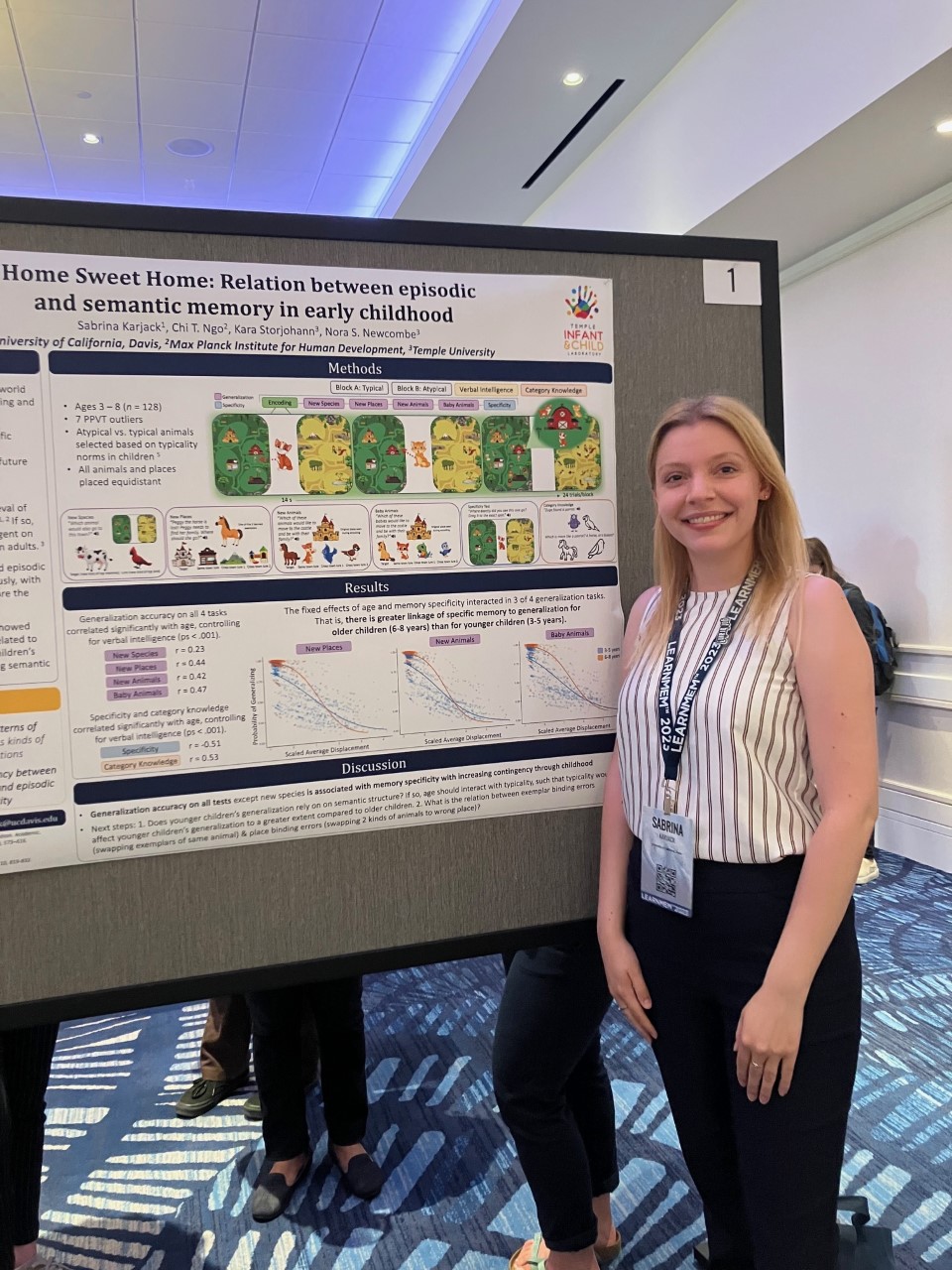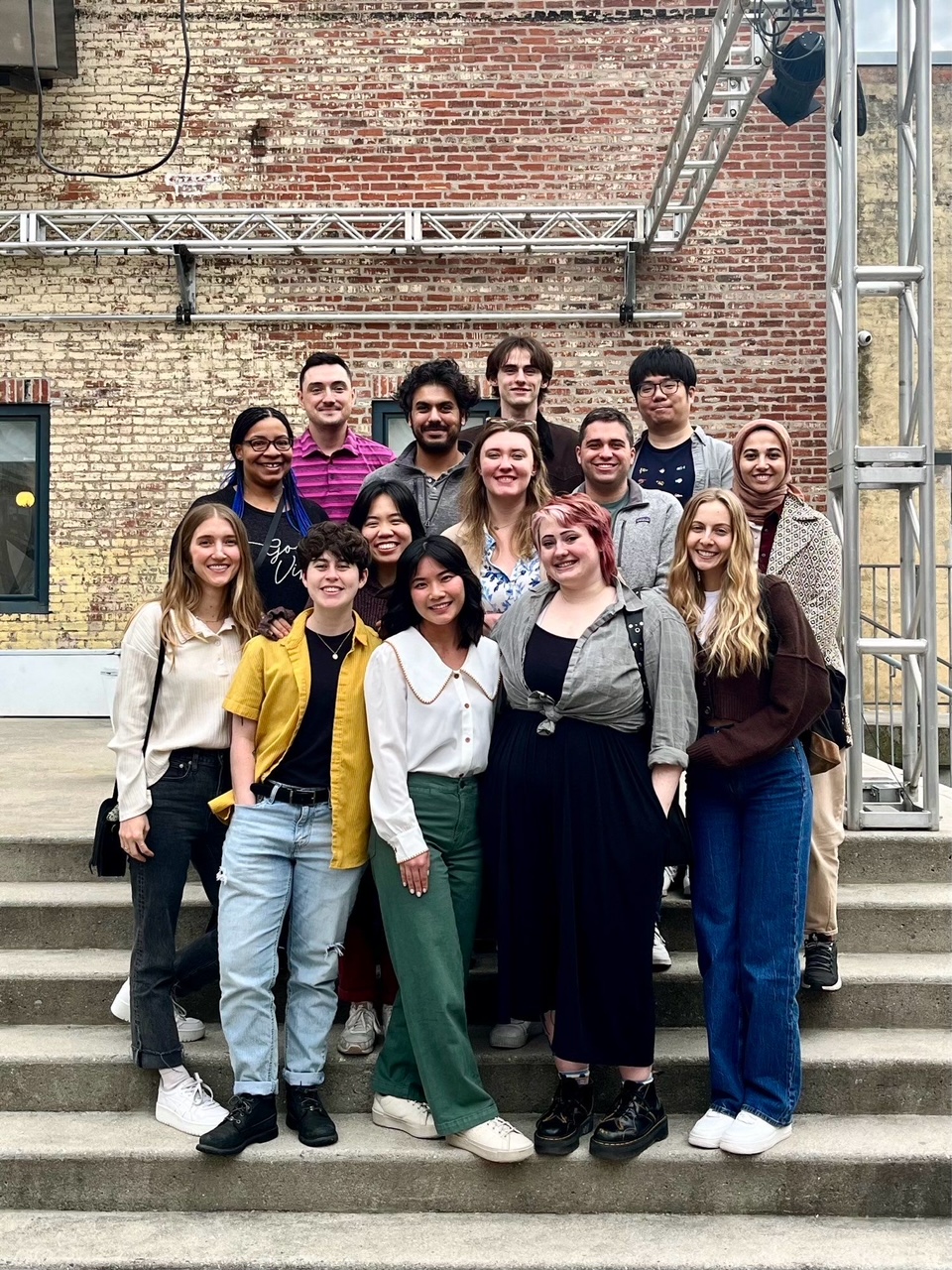Spatial thinking allows us to encode and transform information about objects and their location, and thus to find our way in the world and perform technical activities such as tool making, providing the foundation for a wide range of activities, such as the design of buildings or the solution of mathematics problems. The overarching goal of the RISC Lab is to understand spatial learning and cognition and how they can be fostered by effective technology and education.
Dr. Thomas Shipley concentrates on spatial thinking in the geosciences.
Dr. Nora Newcombe studies navigation, spatial memory and spatial thinking in mathematics and physics.
See also the Spatial Intelligence and Learning Center (SILC) which was funded by the National Science Foundation from 2006-2018 and currently located at Northwestern University.
Featured Content
Jeffery, K. J., Cheng, K., Newcombe, N. S., Bingman, V. P., & Menzel, R. (2024). Unpacking the navigation toolbox: Insights from comparative cognition. Proceedings of the Royal Society B, 291: 20231304. https://doi.org/10.1098/rspb.2023.1304
(2023). Studying the development of navigation using virtual environments. Journal of Cognition and Development, 24(1): 1-16, DOI: 10.1080/15248372.2022.2133123
Bateman, K.M., Wilson, C.G., Williams, R.T., Tipoff, B., & Shipley, T.F. (2022). Explicit Instruction of Scientific Uncertainty in an Undergraduate Geoscience Field-Based Course. Science and Education. https://doi.org/10.1007/s11191-022-00345-z
Karjack, S., Brudzinski, M.R., & Shipley, T.F. (2022). Assessment of the general public’s understanding of rapidly produced earthquake information products ShakeMap and PAGER. Seismology Research Letters, 93(5): 2891-2905. https://doi.org/10.1785/0220210318
Brucato, M., Nazareth, A. & Newcombe, N.S. (2022). Longitudinal development of cognitive mapping from childhood to adolescence. Journal of Experimental Child Psychology. https://doi.org/10.1016/j.jecp.2022.105412
Horwath, E.A., Benear, S.L., Cowan, E., Camacho, M.C., Ngo, C.T., Newcombe, N.S., Olson, I.R., Perlman, S.B. & Murty, V.P. (in press). Children show adult-like hippocampal pattern similarity for familiar but not novel events. Brain Research. https://doi.org/10.1016/j.brainres.2022.147991
Miller-Cotto-D., Booth, J. & Newcombe, N.S. (2022). Sketching and verbal self-explanation: Do they help middle school children solve science problems? Applied Cognitive Psychology. June. https://doi.org/10.1002/acp.3980
For more information about past projects, click the link below:
Past Projects
Current News
Dr. Newcombe’s 2022 article “Spatial navigation in childhood and aging” was featured in this article published in Knowable Magazine. April 2024.
Dr. Newcombe was featured in a recent BBC Future article “How to improve your sense of direction.” February 2024.
We are searching for a full-time post-baccalaureate research assistant! Please contact jacob.lader@temple.edu for more information.
Dr. Newcombe was the keynote speaker at this year’s Symposium for Individual Differences in Cognition, a new affiliate meeting to the annual meeting of the Psychonomic Society. November 2023.
Congratulations to undergraduate intern Caroline George for receiving the Creative Arts, Research and Scholarship (CARAS) Program Grant. May 2023.
Graduate students Kim Nguyen and Merve Tansan along with Dr. Newcombe had their article “Studying the development of navigation using virtual environments” published in Journal of Cognition and Development, Volume 24 Issue 1. January 2023.
Congratulations to Dr. Karla Diaz for earning her Doctorate in Education. Dr. Diaz was an undergraduate intern in 2008.
The RISC lab welcomes Sarah Hendricks, Kate Hill, Jacob Lader, and Josh Litwin as new post-bac Research Assistants.
Cornell University’s Eleanor J. Gibson and James J. Gibson Lecture in Experimental Psychology this year was presented by Dr. Newcombe. May 2022.
Dr. Newcombe was recently featured in a Q&A for the American Psychological Association’s Scientist Spotlight. March 2022.










